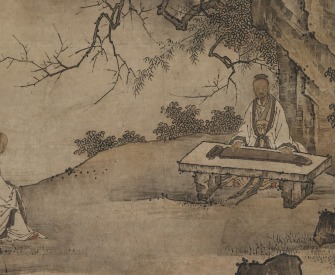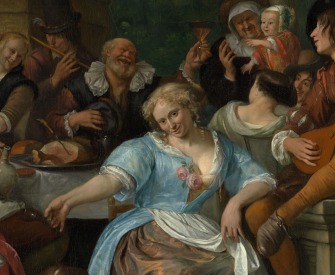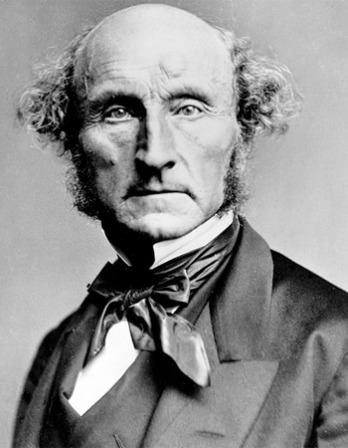If neither love nor reason suffice to teach us our duty, let us turn to the example of the brute creation. For mankind has admittedly learned therefrom much useful knowledge. For instance, the hippopotamus has shown us the method of cutting a vein; the ibis the use of the clyster, so much approved by physicians. The stag has taught men that dittany is helpful in drawing out arrows, and that the eating of crabs is an antidote to the poison of spiders. Goats have proved that ivy is a remedy in certain affections. Lizards use dittany against the bite of snakes, their standing foes. From the weasel we learned the use of rue, from the serpent the use of fennel in affections of the eye. The dragon is our warrant for employing lettuce in sickness. Much more of such knowledge have we derived from dumb animals. Practical arts also have been acquired from them to our great profit. I might almost say that there is nothing which advantages the life of man which nature has not shown us some example in wild creatures, to the end that they who have not learned philosophy and the rational arts may be admonished by them what men may do. Attend, therefore, to that which we may learn from them as to the training of children. We see that every savage creature is not content only to produce its young, but teaches it, and shapes it to fulfill its proper function. A bird is, indeed, created with instinct for flight, but we see how the fledgling is led on and guided in its first attempts by the parent birds. The cat teaches her kittens to watch, to spring, to kill. The stag leads her young in chase, brings them to the leap, shows the methods of escape from pursuit. Authors have recounted to us that the elephant and the dolphin exhibit a veritable art in educating their young ones. So of nightingales—the old bird goes in front, and calls back to and corrects the young one, which in turn follows and obeys. And I affirm that as the instinct of the dog is to hunt, of the bird to fly, of the horse to gallop, so the natural bent of man is to philosophy and right conduct. As every creature most readily learns that for which it is created, therefore will man, with but slight effort, be brought to follow that to which nature has given him so strong an instinct—excellence—but on one condition: that nature be reinforced by the wise energy of the educator.
From De Pueris Instituendis. In 1495, Erasmus studied Scholastic theology at the University of Paris, where he learned that “the eggs were stale and the theology was staler.” He had mastered Greek by 1502, and the publication in 1516 of his Greek-Latin New Testament served as a primary source text for William Tyndale’s first English translation of the New Testament in 1526.
Back to Issue





